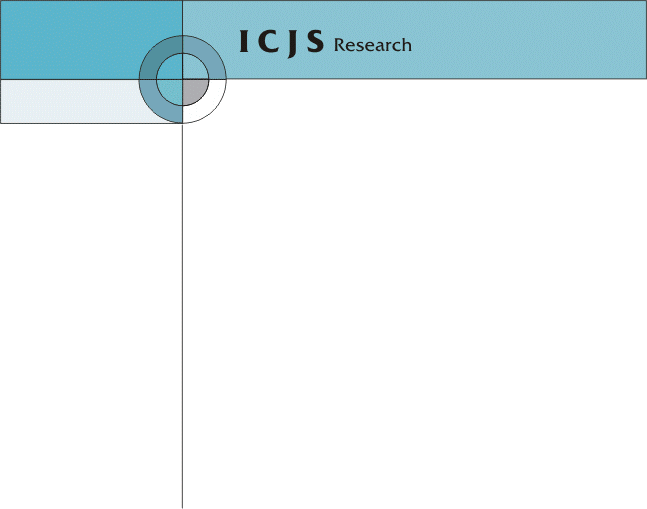

TemperatureThe temperature is 'high' or 'low'. But it's the weather or climate which is 'hot' or 'cold'. [See: Gale; Weather] TenseUse the continuous present wherever possible. Write 'company executives say', rather than 'said'. But be consistent. Switching back and forth between present and past tense within a sentence is wrong. Stay in the same tense right through a story if possible. [See: Active; Number] Terrorist/ExtremistRemember, one person's 'terrorist' is usually someone else's 'freedom fighter'. 'Terrorism', 'terrorist', 'militant', 'gunman', etc. are all labels. Our reports should rely first on facts, and clear descriptions of events, rather than labels that may seem too extreme or too soft, depending on your point of view. When reporting a conflict, such as in the Middle East, we avoid partisanship, or the perception of it, by not adopting for ourselves the preferred labels of one side or the other - instead confining their use mostly to when giving one side's assessment of the other (e.g. 'what the Israeli Government calls a terrorist cell'). Our audience will be able to draw their own conclusions about, say, the bombing of a bus full of school children or a missile fired into a congested residential neighbourhood -so our first objective must be to inform. The use of violence, including against civilians, in a political cause is not new. Terrorism - violence targeting civilians and not necessarily in a clear political cause - is not new. We won't resile from using the word 'terrorism' in appropriate cases - but as a rule, strong, thorough reporting is better than labels. The phrase 'war on terror' is essentially rhetorical, and does not describe a definite conflict. It is a phrase we would use only out of someone else's lips. |